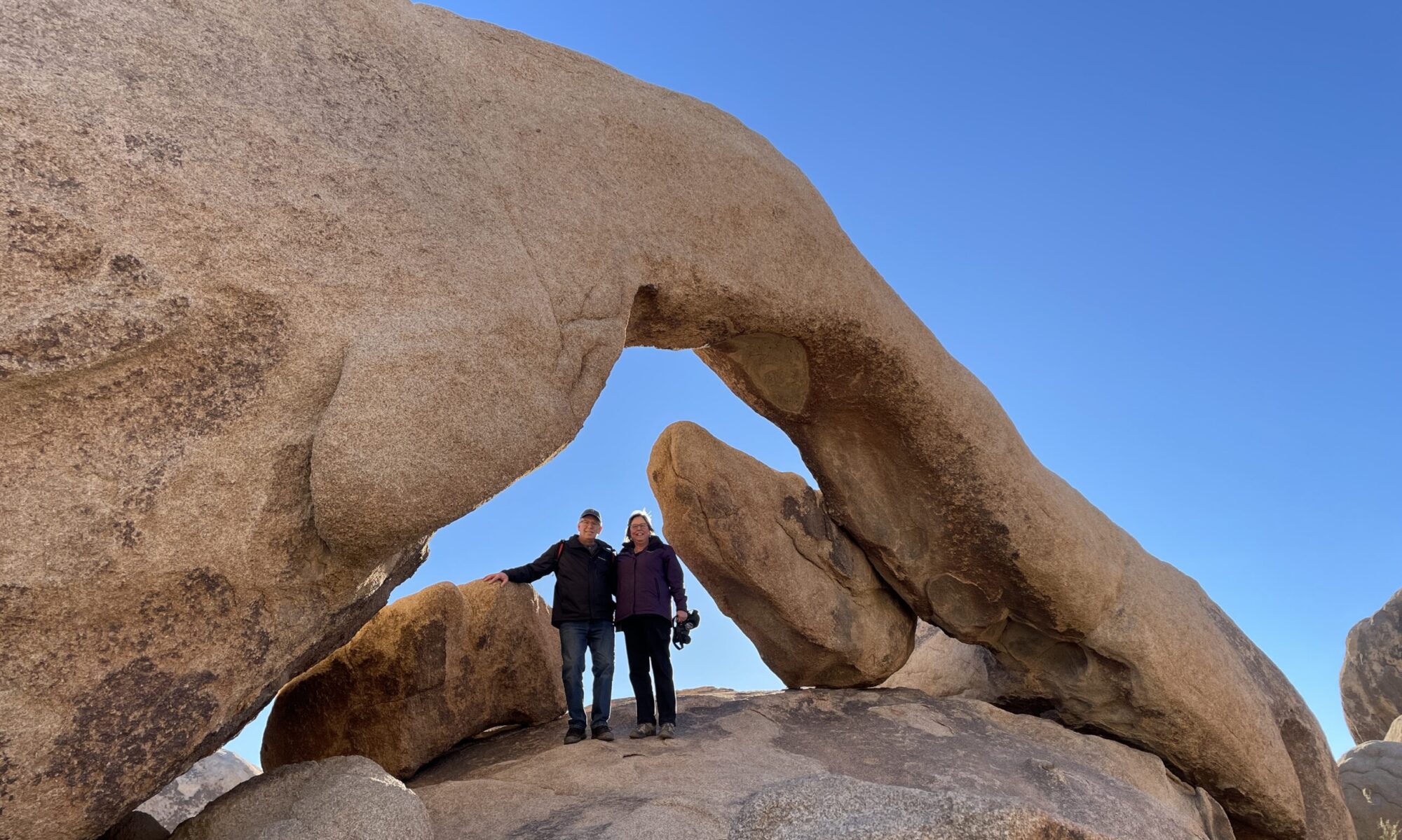I don’t remember his exact words but they clearly sounded critical and sarcastic. The topic was what preaching style the congregation expected from their preacher. He said something to the effect that he was not interested in a glorified book report of what the preacher is reading. The congregation needed the Bible to be preached.

It can take me a while to think through things (My blog is called “Second Thoughts” after all) but it has since dawned on me that the Bible is a library of 66 books which makes a sermon precisely a glorified book report. The glory is God’s and the report is the witness that we give or proclamation that we make. The Bible itself contains glorified book reports. Jesus, Paul, and the biblical writers looked back into and sort of quoted their Scriptures for God’s direction for their lives and the growing Church and reported it to their current companions.
Jesus did this when he announced his mission in Luke 4:16-21:
When he came to Nazareth, where he had been brought up, he went to the synagogue on the sabbath day, as was his custom. He stood up to read, and the scroll of the prophet Isaiah was given to him. He unrolled the scroll and found the place where it was written:
“The Spirit of the Lord is upon me, because he has anointed me to bring good news to the poor. He has sent me to proclaim release to the captives and recovery of sight to the blind, to let the oppressed go free, to proclaim the year of the Lord’s favor.”
And he rolled up the scroll, gave it back to the attendant, and sat down. The eyes of all in the synagogue were fixed on him. Then he began to say to them, “Today this scripture has been fulfilled in your hearing.”
Preaching is a blessing and burden for me. My most influential preaching professor said we have a responsibility to be truthful and interesting. The reading I do in sermon preparation is part research and part conversation with authors or their ideas. I feel it is important to credit authors whose ideas and statements are sources for my sermons. And I understand how that can come across as a book report of what I am reading.
Up through seventh grade I pretty much only read sports books. It was a challenge to expand the scope of my reading. My dad and sister were the most prolific readers in my family growing up. Beverly and I read a lot at the house and on the road and we like very different kinds of books. She is able to re-tell the story or describe the plot and characters in great detail.
Reading changes us as individuals. St. Augustine, a theologian and Bishop of the early Christian Church, writes of his call to conversion in the midst of agonizing soul-searching:
So was I speaking and weeping in the most bitter contrition of my heart, when, lo! I heard from a neighbouring house a voice, as of boy or girl, I know not, chanting, and oft repeating, “Take up and read; Take up and read.” Instantly, my countenance altered… So checking the torrent of my tears, I arose; interpreting it to be no other than a command from God to open the book, and read the first chapter I should find (Confessions of St. Augustine, Chapter XII; my emphasis).
Reading impacts the Church:
Reading plays a crucial role in our learning how to act faithfully in the world, to act for the common good of our churches, our neighborhoods, and the world. Apart from reading scripture and interpreting it (another act that itself requires a good deal of reading), we can’t give an account of how or why we do certain things. I want to challenge the church to think about all the ways we read and to see how reading carefully and well helps us to act with more understanding and more compassion in any given situation (C. Christopher Smith in A Sabbath Way of Reading – Reading to Save Our Souls in Off the Page by D. L. Mayfield, 12/27/17; my emphasis).
I am grateful for the gift of reading and have a pastoral hope that we are “reading carefully and well” as a congregation. I am interested in what you are reading and I invite you to:
- Visit our church library, loving maintained by Nancy Cooley.
- Participate in Faith Connections on Sunday morning.
- Participate in the new book group led by Ben Chapman on C.S. Lewis’ book The Four Loves.
- Participate in the Thursday morning adult Bible study.
 I want you to experience growing confidence in God’s Word. Because when we are grounded in our faith, our actions have the intensity and integrity to face opposition and contention in the world. Reading and “reporting” together is a primary way we may experience the depth of discipleship and joy of community life.
I want you to experience growing confidence in God’s Word. Because when we are grounded in our faith, our actions have the intensity and integrity to face opposition and contention in the world. Reading and “reporting” together is a primary way we may experience the depth of discipleship and joy of community life.





 For four years, I was a presenter at the Exploring Future Pathways Career Fair at North Rockford Middle School. I presented on the vocation of being a pastor.
For four years, I was a presenter at the Exploring Future Pathways Career Fair at North Rockford Middle School. I presented on the vocation of being a pastor.
 While my favorite month is October with its cooler temperatures, beautiful colors, and vivid change, it is followed by November with its own fulness of life.
While my favorite month is October with its cooler temperatures, beautiful colors, and vivid change, it is followed by November with its own fulness of life.

